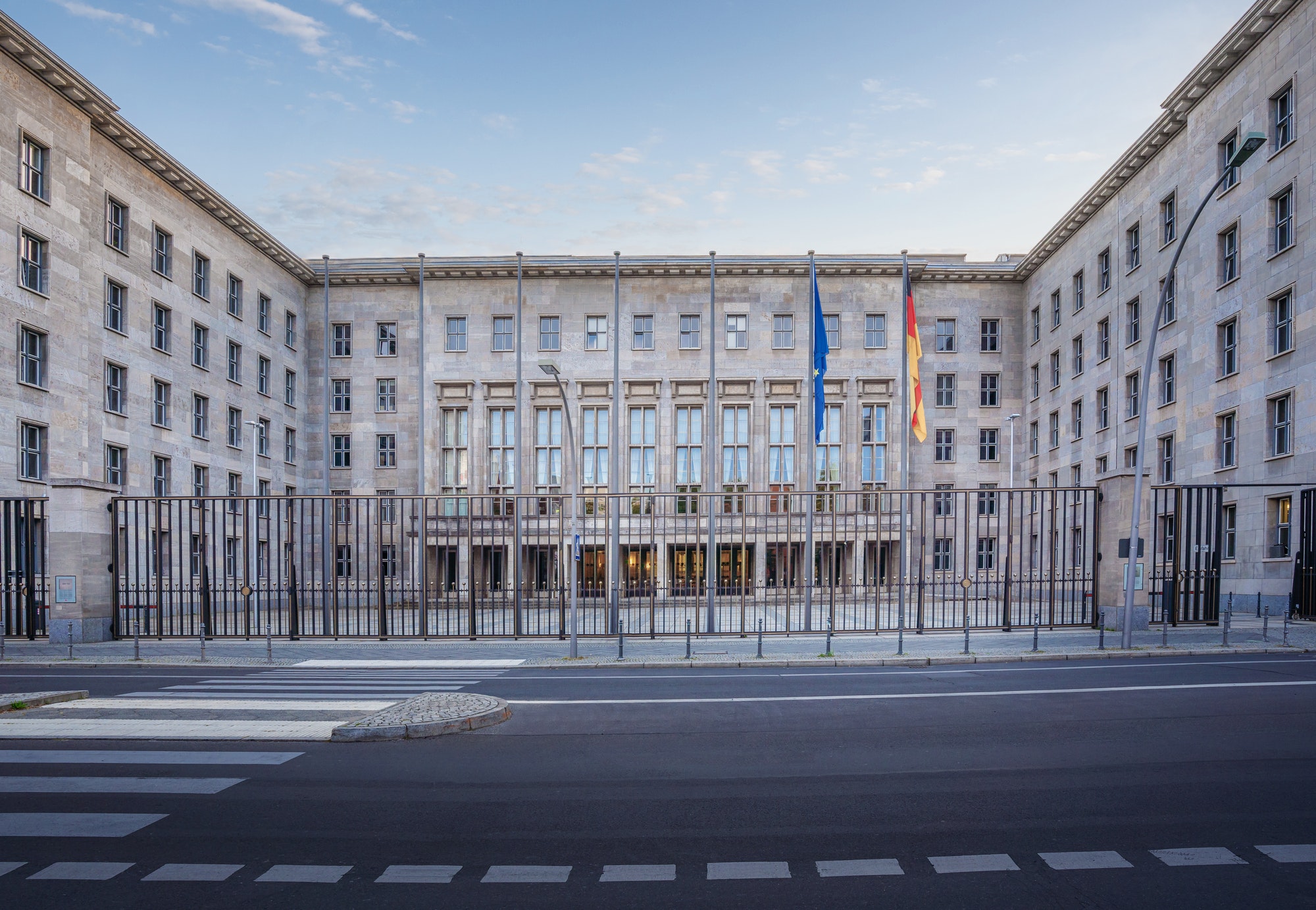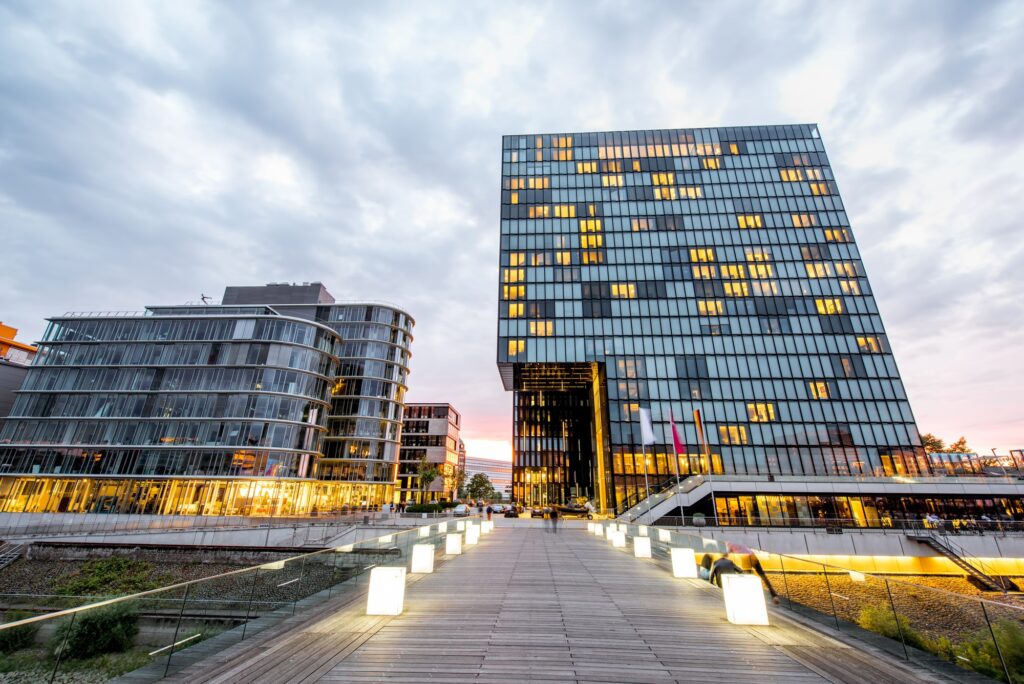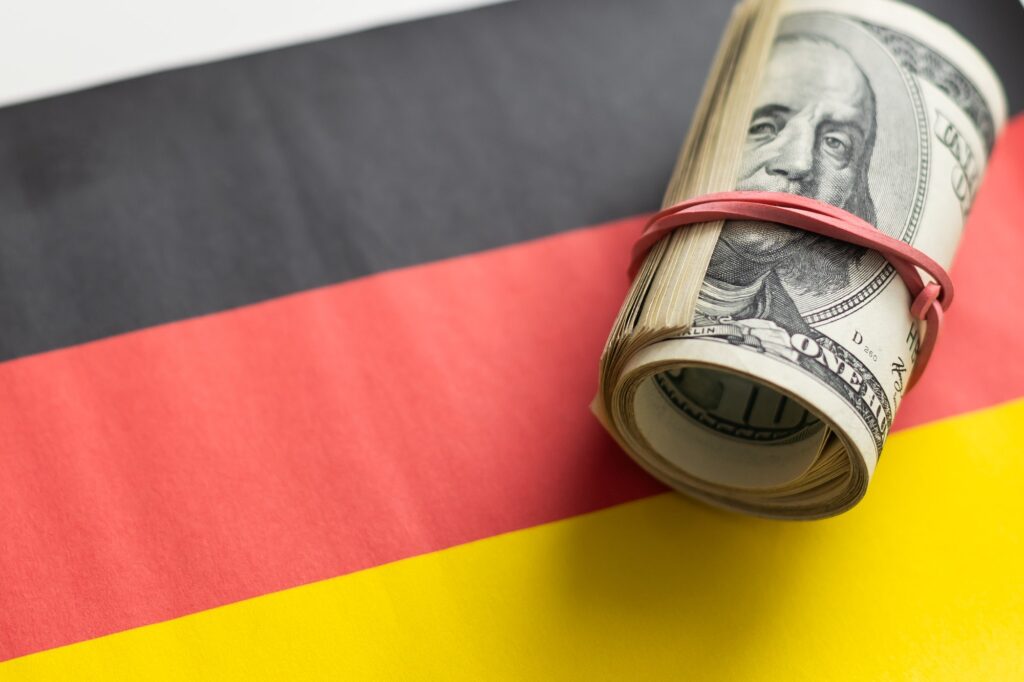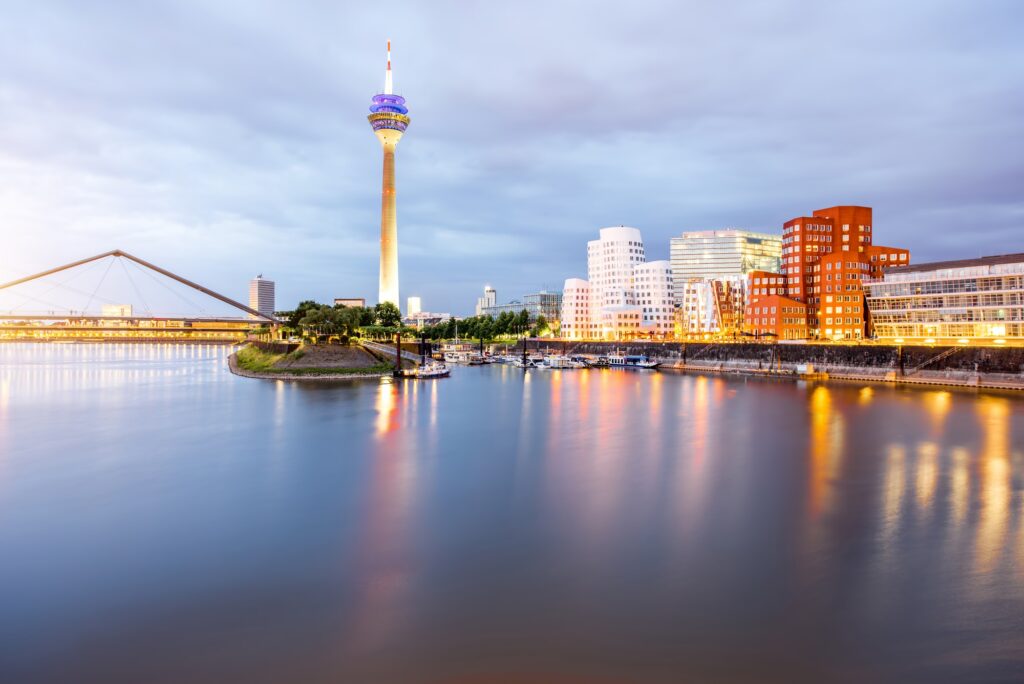Address
33-17, Q Sentral.
2A, Jalan Stesen Sentral 2, Kuala Lumpur Sentral,
50470 Federal Territory of Kuala Lumpur
Contact
+603-2701-3606
info@linkdood.com
Address
33-17, Q Sentral.
2A, Jalan Stesen Sentral 2, Kuala Lumpur Sentral,
50470 Federal Territory of Kuala Lumpur
Contact
+603-2701-3606
info@linkdood.com

Let’s dive into what’s going on with Germany’s decision to borrow more money in 2023. We’ll look at why Chancellor Olaf Scholz thinks it’s a good idea, how the country’s top court is involved, and what all this means for Germany’s wallet.

So, Germany, led by Chancellor Olaf Scholz, has decided to borrow more money than usual for the fourth year in a row. This is a big deal because it’s not something they usually do. The country’s top court had a say in this, and it’s changing how Germany handles its money.
The Constitutional Court in Karlsruhe, which is like the big boss in legal matters, had a lot to say about this. They looked at the budget and said, “Hey, you need to think about how you’re borrowing money.” This is a big moment for how Germany deals with its cash and debts.
Finance Minister Christian Lindner, who’s part of the Free Democratic Party, is the guy handling this tricky situation. Even though he’s usually all about keeping finances tight, he’s now got to figure out how to fit this new borrowing into the budget.
A big part of the new budget is about dealing with the high cost of electricity and gas. The government is planning to spend more to help people and the economy cope with these rising prices.

The Free Democratic Party, where Lindner comes from, is usually all about being careful with money. But now, they’re showing they can change their approach when things get tough.
It’s hard to say what Germany will do next with its money. With this new borrowing, they’ve got to balance keeping the economy stable and dealing with immediate money needs.
Germany has these special pots of money for different things. They’re using these funds for important stuff like building projects and helping the environment.
The government is really focusing on making manufacturing more eco-friendly and boosting renewable energy. These are big moves for Germany’s future in both the environment and the economy.
To wrap it up, Germany’s decision to borrow more in 2023 is a big move. Led by Chancellor Scholz and Finance Minister Lindner, it shows how they’re responding to some tough economic challenges. They’re trying to keep things stable while also spending on important stuff like energy and big projects. It’s a decision that’s going to get a lot of attention both in Germany and around the world.

A: Germany, under Chancellor Olaf Scholz, has decided to borrow more money for the fourth year in a row. This decision is partly due to the need to address economic challenges like high energy prices and to invest in important projects.
A: The Constitutional Court in Karlsruhe influenced this decision by reviewing Germany’s budget and highlighting the need for a reevaluation of how the country borrows money. Their ruling was a key factor in the decision to increase borrowing.
A: Christian Lindner is Germany’s Finance Minister and a member of the Free Democratic Party. He’s responsible for managing this new fiscal situation and restructuring the budget to accommodate the increased borrowing.
A: The borrowed money is planned to be used for various purposes, including mitigating the impact of high electricity and gas prices on households and the economy, and investing in infrastructure and environmental initiatives.
A: The Free Democratic Party, known for its commitment to fiscal prudence, is showing flexibility in its approach due to the extraordinary economic circumstances. They are supporting the decision to borrow more as a necessary response to current challenges.
A: Special government funds refer to money set aside for specific purposes, like financing infrastructure projects and environmental initiatives. These funds are crucial for funding important national projects.
A: The government is focusing on making manufacturing processes more environmentally friendly and expanding renewable energy sources. These initiatives are part of Germany’s long-term goals for environmental sustainability and economic growth.
A: This decision to borrow more money is significant for Germany’s economy. It reflects a strategic response to current economic challenges and aims to stabilize the economy while investing in critical areas. The long-term implications will be closely watched both nationally and internationally.
Sources Bloomberg